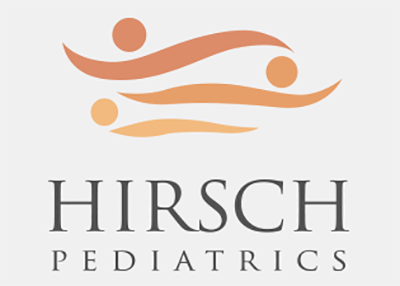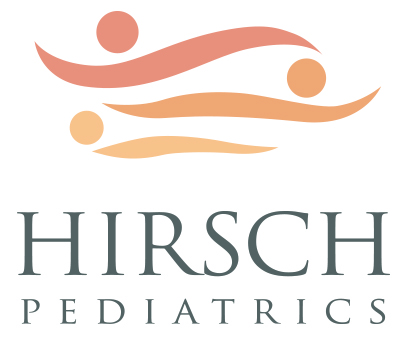Please Note: These guidelines are only for children who are fully vaccinated with no chronic medical illnesses.
These guidelines provide general guidance and should not be used as a substitute for the individual advice provided over the phone or at an appointment. If you have any significant or ongoing concerns, please call the office. Please contact Hirsch Pediatrics or go to the ER if your child is under 2 months old and has a fever (rectal temperature of 100.4 Fahrenheit or 38 Celsius).
These guidelines are written for patients of Hirsch Pediatrics and may not be copied or used without the written permission of Dr. Hirsch.
Do I need to take precautions for tick bites and Lyme disease?
- Yes! Living in the DC area tick bites are common for healthy and active children that are playing outdoors.
- Fortunately, using the simple precautions and management strategies listed below you can help keep your child safe, avoid unnecessary medications and/or testing, and reduce tick bite anxiety.
How can I prevent tick bites?
- During high tick season (late spring through early fall) check your child every night for ticks especially in hiding spots like the scalp, groin, and armpits.
- When playing in wooded or tall grassy areas wear long sleeves and long pants tucked into socks. Remember when going for a nature walk – there tends to be less ticks in the middle of the trail!
- Use DEET insect repellants (concentrations up to 30%) to repel ticks and for heavy tick exposure times such as when camping and hiking. When exposure is high, consider treating clothing and gear with permethrin to repel ticks (follow the instructions on container).
My child has a tick bite. What should I do?
- Don’t panic! Remove the tick using tweezers to grab the tick firmly on the head or mouth as close to the skin as possible.
- Without rocking or crushing the tick, continue to pull firmly and steadily until the tick lets go which can take several minutes. Note even if some parts of the tick remain in the skin there is no additional risk of disease, and the tick parts will eventually come out on their own.
- Once the tick is removed clean the area with alcohol or soapy water.
Should my child get antibiotics after a tick bite to prevent Lyme disease?
- Fortunately, most observed tick bites are “low risk” and will not transmit Lyme disease. Only ticks that have started their blood meal can transit Lyme disease. (Sorry for the graphic detail!) Extensive studies have shown that ticks that are attached for less than 24 hours and are very small have not started their blood meal yet and cannot transmit Lyme disease. Therefore, if the tick was attached for less than 24 hours then it is considered a “low risk” tick bite, and your child should not receive antibiotics at Hirsch Pediatrics or urgent care.
- If the tick bite is “high risk” meaning the tick has likely been attached for over 24 hours and looks very engorged (swollen globular shape) then Hirsch Pediatrics recommends giving your child a single preventive dose of doxycycline antibiotic. Since the antibiotic can safely be given up to 72 hours of the tick bite, if your child has a tick bite at night or over the weekend it is safe to wait until the following workday to schedule an in-person or video appointment at Hirsch Pediatrics to discuss antibiotic treatment.
- Even though low-risk tick bites do not need antibiotics, we still recommend monitoring your child for 30 days after a tick bite for unexplained fever or new round/oval rash. The Lyme disease rash gradually expands over several days to >5 cm (2 inches) and often has a clearing center with a “bulls-eye” appearance and can be at the site of the tick bite. This monitoring allows for earlier disease detection in case there were other tick bites that went unnoticed around the same time.
- For low-risk tick bites lab testing for Lyme antibodies is not recommended since a Lyme test in low-risk tick bites often have inaccurate test results causing under or over treatments. It is also not recommended to send out ticks for Lyme disease testing since the results are often inaccurate and would not change the management.
Okay. I understand that my child should not get antibiotics for a tick bite, but I am still super worried about Lyme disease since I have heard stories about other adults getting bad cases of Lyme disease.
- We understand your concern and we are here for you to make sure your child gets the highest possible evidence-based care possible!
- Fortunately, though you may hear or read about adults having prolonged or mysterious symptoms that may or not be due to Lyme disease, this does not happen in children.
- Children with Lyme disease have very straightforward symptoms which are usually fever not due to another obvious viral cause and the typical Lyme disease rash. Vague symptoms such as fatigue and achiness are not symptoms of Lyme disease in children and should not warrant Lyme disease testing.
Looking for something else? Click here to view all of Dr. Hirsch’s medical advice topics.

